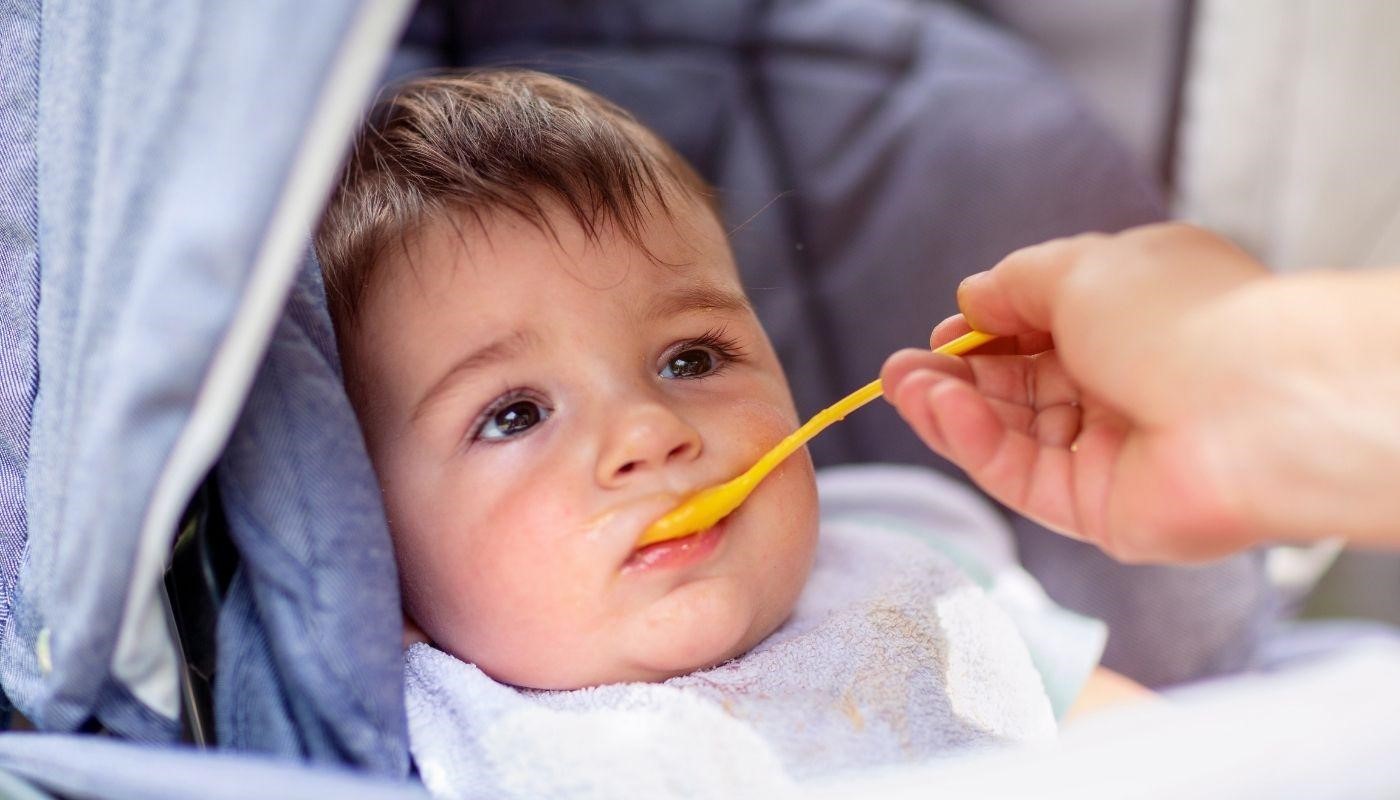HEALTH
Porridges and Cereals in Baby’s Diet: Pros and Cons

Childhood is a prominent period when health and healthy habits in nutrition are formed. On average, starting from 6 months, babies begin to try different products besides breast milk or formula. Balanced nutrition starting from that age has a decisive influence on a baby’s health. One of the main ingredients of balanced nutrition and a source of carbohydrates is porridge and cereals. Nevertheless, these products’ introduction into a baby’s diet can have some restrictions. That is why it is better to consider pros and cons of including porridges and cereals in the diet.
What are the pros of porridges and cereals?
1. Multipurpose composition. Porridges and cereals of different kinds consist of different nutrients, such as vitamins of group B, iron, magnesium, and other minerals. These elements contribute to the normal functioning of the nervous system, hematopoiesis, and growth.
2. It is easy to digest. Porridges have a light texture, which makes them easy to digest by the baby’s digestive tract. It is especially important for babies during the beginning of the weaning.For instance, clean baby rice cereal is an important part of babies’ diet as it’s an easily digestible, low-allergen first food.
3. Provide energy. Porridges and cereals are excellent sources of complex carbohydrates. As a result, these products provide babies with a long-term energy reserve and help to avoid sharp fluctuations in the level of sugar in the blood.
4. Support digestion. Fibers, which are introduced in porridges and cereals, contribute to the normalization of digestion and support healthy intestinal microflora, which affects the child’s immune system.
What are the cons of porridges and cereals?
- Allergies. Some porridges and cereals can cause allergic reactions in babies with some hereditary tendencies to allergy to grain products. So, if you are not aware of the allergy and notice some reaction after giving the product, it is better to consult the doctor.
- High in calories. Even though porridges and cereals consist of many nutrients, some of them can also be high in calories. As a result, babies can gain weight too quickly if they consume these products in large quantities.
- Possible deficiency of protein. Porridges and cerealsdo not consistof a sufficient amount of protein, which is necessary for children’s growth and development. Therefore, the children’s diet should also include other sources of protein, such as dairy products, meat, fish, or soy products.
- Potential contamination. In case, when porridges and cereals are not properly prepared or stored, they can be contaminated or become a source of bacteria or toxins, which can lead to illness.
Conclusion
Porridges and cereals are important elements of babies’ diets, as they consist of many nutrients and support digestion. However, it is crucial to balance nutrition and include other sources of proteins and nutrients. Attention should be as well paid to possible allergies, preparing and storing the porridges and cereals properly. Remember that every baby is unique. That is why it is always better to consult the doctor for choosing the optimal diet for the baby.
Kenneth is a proud native of sydney, born and raised there. However, he pursued his education abroad and studied in Australia. Kenneth has worked as a journalist for almost a decade, making valuable contributions to prominent publications such as Yahoo News and The Verge. Currently, he serves as a journalist for The Hear Up, where he focuses on covering climate and science news. You can reach Kenneth at [email protected].










